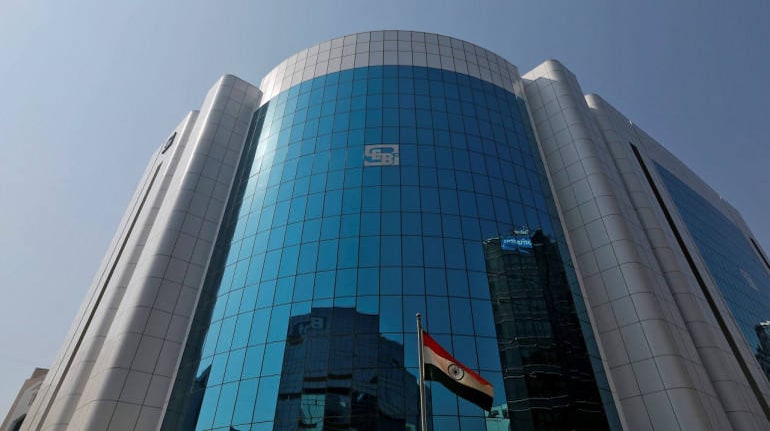



The Securities and Exchange Board of India-appointed technical advisory committee (TAC) has questioned EY’s credentials as an independent forensic auditor for its inability to come up with a clear verdict in the NSE co-location cash and currency derivatives audit.
The TAC feels EY is compromising its future as an independent forensic auditor by not reaching a conclusion despite ‘obvious findings’.
The minutes of the TAC’s meeting in New Delhi on June 14, of which Moneycontrol has a copy, observed that “EY, based on its finding has not arrived at clear-cut references/conclusions, despite the evidence noted during its audit. Committee wondered why a forensic firm like EY is incapable of drawing conclusions from obvious findings and does it compromise as a position of independent forensic auditor in future.”
The case first surfaced in July 2016 when SEBI ordered a probe, including forensic examination on NSE’s co-location facility. This followed allegations that few trading members on the NSE made a killing by unfairly gaining faster access to the price feeds with help from some employees. Later, in February 2017, SEBI ordered the forensic audit of cash and currency derivative segments also.
When contacted by Moneycontrol over email, EY declined to comment on the story.
The TAC meeting minutes now suggest, internet protocols (IPs) were not allotted fairly and in some cases were manually allotted. This could have given an advantage to some trading members over others, in getting the price feed. TAC said NSE did not use simple technologies that could have helped avoid manual allocation of IPs.
“Such opportunities to have undue and unfair access by some of the trading members are a gross violation of the basic principle of fair and equitable access, irrespective of how much profit a firm was able to make,” TAC noted.
The next meeting of the TAC will be held on August 3, and SEBI will present its report on technical glitch on the NOW platform of NSE on May 24, 2018.
NSE NOW is a licensed trading software that offers direct connectivity to NSE exchange for trade execution and data feeds through trading terminals, web-based browsers and mobile devices. The software was shut down for brokers and sub-brokers for over five hours on May 24 citing a technical failure.
However, clarifying on the matter, the NSE told Moneycontrol, "‘NOW’ is a shared CTCL system which had a disruption. The members had alternate mode of connectivity during the disruption and hence trading was not disrupted. NSE trading platform is completely different and functioned smoothly with full efficiency that day. NSE’s systems are well protected and there was no malware attack registered."
Discover the latest Business News, Sensex, and Nifty updates. Obtain Personal Finance insights, tax queries, and expert opinions on Moneycontrol or download the Moneycontrol App to stay updated!
Find the best of Al News in one place, specially curated for you every weekend.
Stay on top of the latest tech trends and biggest startup news.